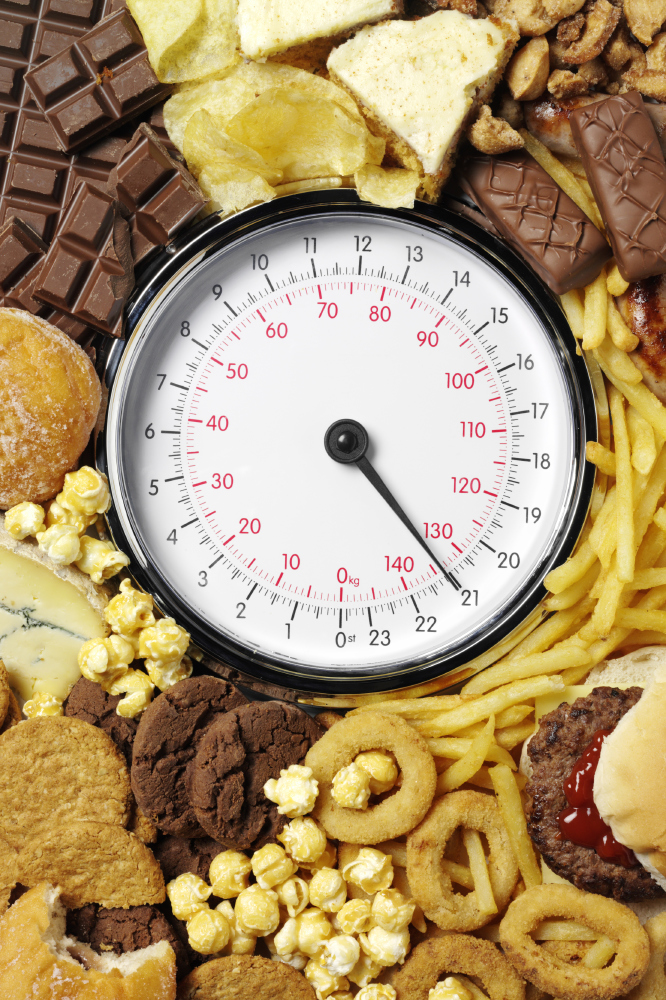
Have you balanced out your indulgences over Christmas?
We all know that carbs can be bad - depending on which ones you choose to eat, and whether or not you plan to work them off with a little bit of exercise.
New research from XLS-Medical Carb Blocker reveals the extent to which eating carbohydrates is having an irrational impact on our daily lives.
Around a third of women will spend an entire day feeling bad about eating them, one in ten say they feel guilty all the time and over 40% say that the guilt will often bother them for longer than arguing with their partner will, or missing a work deadline.
Despite the fact that carbs make people feel happy and less likely to crave snacks, one in ten confess that they’ll starve themselves to compensate for eating carbs and more than a quarter will save their carb quota for indulging at the weekend. So why the guilt? Are carbs really the enemy?
Jane Ogden, Professor in Health Psychology and expert in eating behaviour explains: “Complex carbohydrates used to be seen as the staple part of any meal and it is only relatively recently that they have been demonised. This is mainly due to the diet industry and a general lack of understanding about the differences between simple carbohydrates and complex carbohydrates. It is also a consequence of the unrelenting desire to find quick fixes to weight loss without a focus on longer term changes in behaviour. The result is that many people now feel guilty about eating complex carbohydrates, even though they play an essential role in our dietary health.”
One of the main problems is that most people don’t actually know how much carbohydrate they should be eating, or even at what point of the day. For example, the recommended daily allowance of carbohydrates is 250g, but when asked what that might look like the vast majority of people didn’t know; in fact most people thought it was much less. Also, more than a third of people mistakenly believe that it’s harder to burn off carbohydrates after 5pm, and one in five think they need to be completely eliminated for successful weight loss.
Reducing carbohydrates is often seen as an effective way to lose weight, which explains why 41% of Brits have limited their carb intake to only one meal a day and 15% admit to eliminating carbs altogether. While this may provide a quick fix, cutting down on carbs on an ongoing basis can be challenging and ultimately useless. In fact, 37% of people say that it didn’t help them achieve their target weight in the long run, and 17% said it didn’t help them at all
“A diet low in complex carbohydrates can make people feel permanently hungry which can lead to snacking and grazing on foods full of fat and simple sugars,” remarks Jane. “People feel that they are denying themselves the foods they really want to eat and in the end, most people end up over eating the very foods they are trying avoid. This in turn results in feelings of guilt and the need to deprive oneself again. Ultimately it becomes an unhealthy, vicious cycle.
“Eating complex carbohydrates creates a feeling of fullness and satisfaction, reducing a desire to snack, and making people more inclined to eat proper meals. It can also promote cooking from scratch, as people are less likely to reach for a quick fix such as ready-made meals. Above all, carbohydrates provide the necessary energy for daily living.”
A spokesperson for XLS-Medical Carb Blocker comments: “Our research shows that reducing carbohydrate intake is not the solution to healthy weight loss. We also know that even with the best of intentions, the majority of those beginning a New Year diet do not reach their target weight, citing difficulty giving up comfort food as one of the main reasons. We would encourage dieters to rethink their approach to dieting and avoid depriving themselves unnecessarily."
Jane Ogden concludes: “People need to focus on the long term. They should be aiming to lose weight and change their lifestyle for the future, not just now. If they realise that complex carbohydrates have an essential part in their diets not only for energy, but also for building long term sustainable healthy habits, then carbohydrates can resume their place as a central part of how they eat.”
Tagged in Nutrition Diet Healthy eating Weight loss

